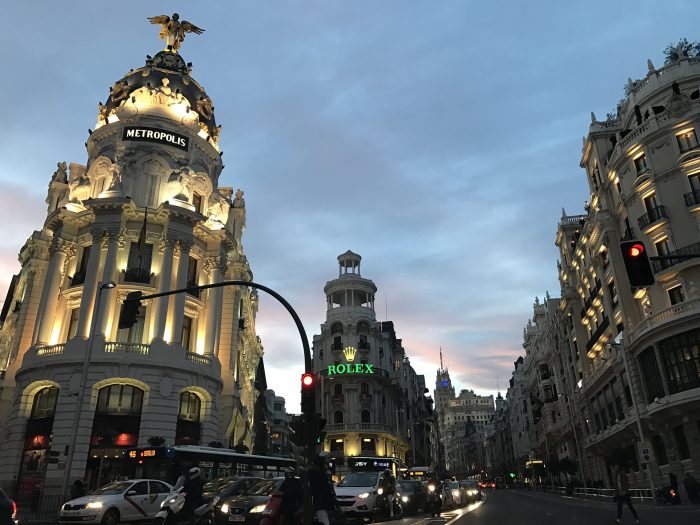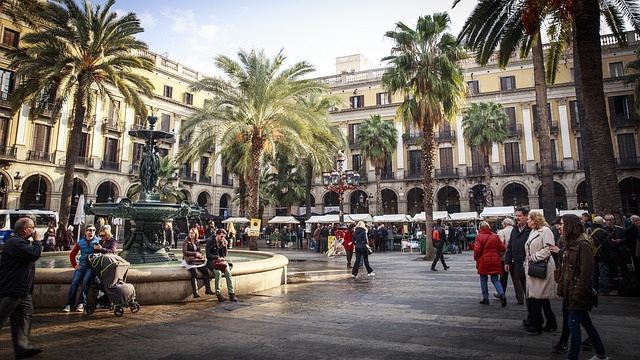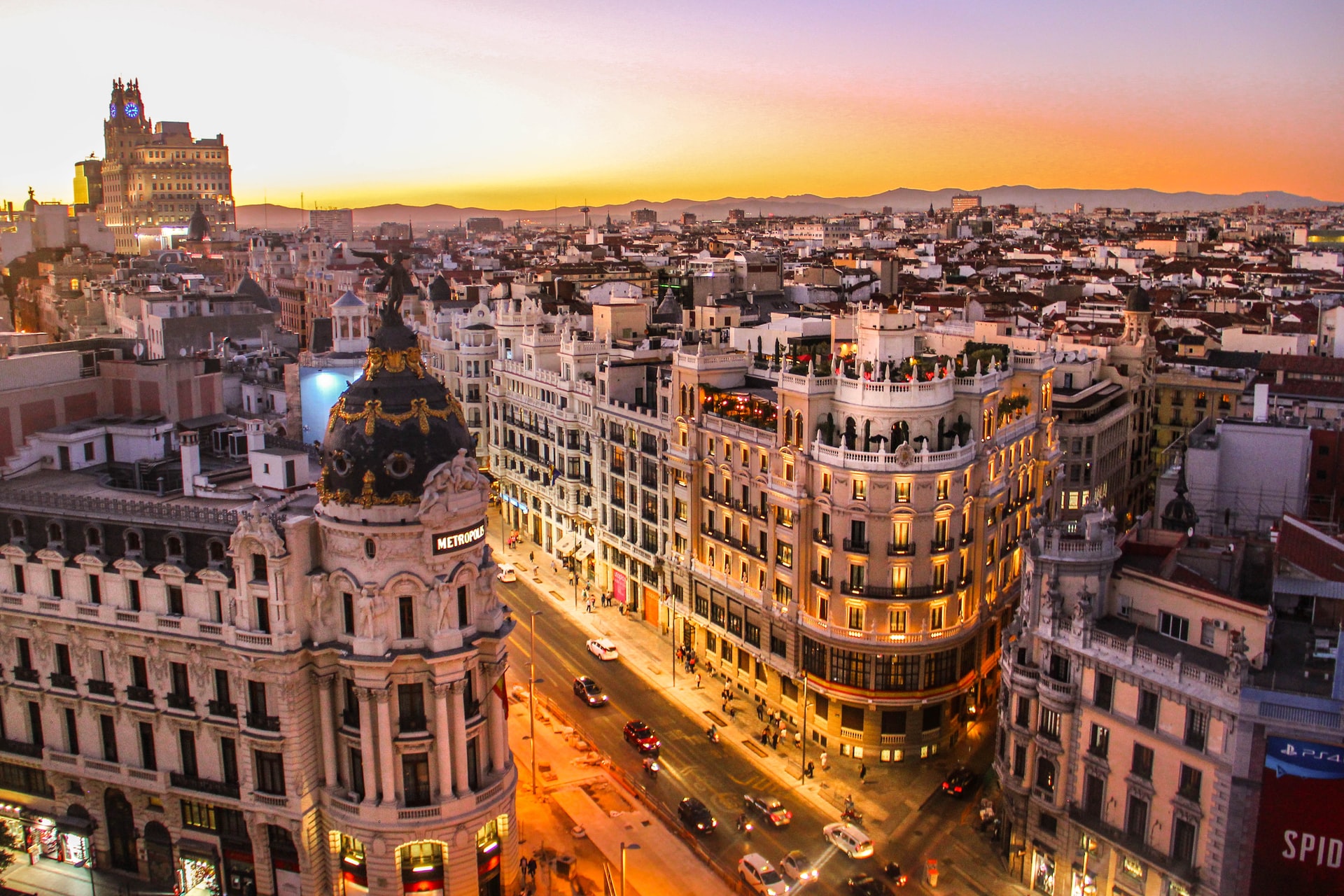There are administrative, cultural, and logistical issues to deal with during relocation. It is much more than finding a new home.
Residential areas
It is crucial that you research the different residential areas in Madrid such as Retiro, Salamanca and Castellana, Chamartín, Moncloa or the Nuevos Ministerios.
If you have schooling children, choose amongst international schools available in and around Madrid. You can select a school they will temporarily attend as you sort your housing. International schools are located Aravaca, Calle Serrano, Majadahonda, La Moraleja, or Soto de Viñuelas.
Bank account
You will need a Spanish bank account to sign a rental agreement. Before you get the NIE number, you can open a non-residential account. This way, you can go ahead and rent a house. However, you will have to change this once you get the NIE number.
Getting NIE and other administration
NIE is Número de Identificación de Extranjero; which is easier to get when you have a work contract. You will have to demonstrate your income and private health insurance if you have no work contract. Before you get it, you will use your passport to rent a house. You will also need your NIE to buy a car and contract a mobile phone etc.
After getting an NIE number, apply for social security number (empadronamiento) by going to the local ayuntamiento with your local rental contract, NIE and passport to register where you’re living.
Healthcare
Centres d’Atenció Primaries (CAPs) are the national healthcare surgeries in Madrid. You can register with a local CAP doctor once you have a social security number and empadronamiento.
If you don’t understand Spanish, language can be a barrier.
You can also seek the help of Madrid property finding agencies in renting and buying a property. You will save time and money as they’ll organize everything for you.
Renting accommodation in Madrid
The rental market in Madrid is under-developed compared to other Western European capital cities, which means that it can be challenging to find a quality apartment On the other hand, the tenant selection process is not as demanding compared to other major European cities. Landlords choose their tenants on a first come, first serve basis. They will only require proof of income, and a security deposit amounting to between one and six months’ rent, and, in rare cases, references from their previous landlord.
It’s important to keep in mind that the agent’s fees in Madrid can reach the equivalent of 1 month’s rent plus VAT.
In general, the mandatory initial period is one year, the security deposit is the equivalent of one month of rent (two months if the apartment is furnished) and payments are usually due at the start of each month.
Buying property
Before you purchase property in Madrid, understand the fees and taxes involved. Taxes vary between regions and range between 10% to 15% of the property value for all expenses you’ll incur.
Before you start viewing the property, get a lawyer, and use them for the notary and reservation process.



